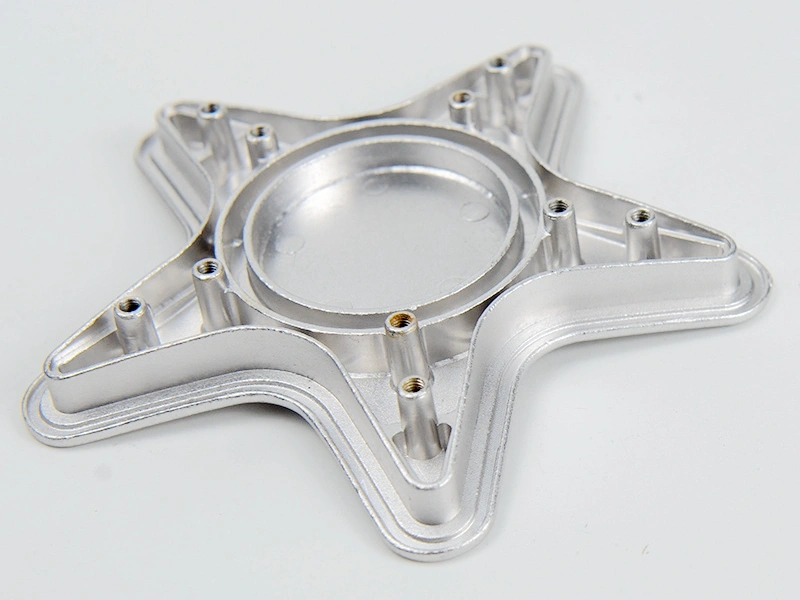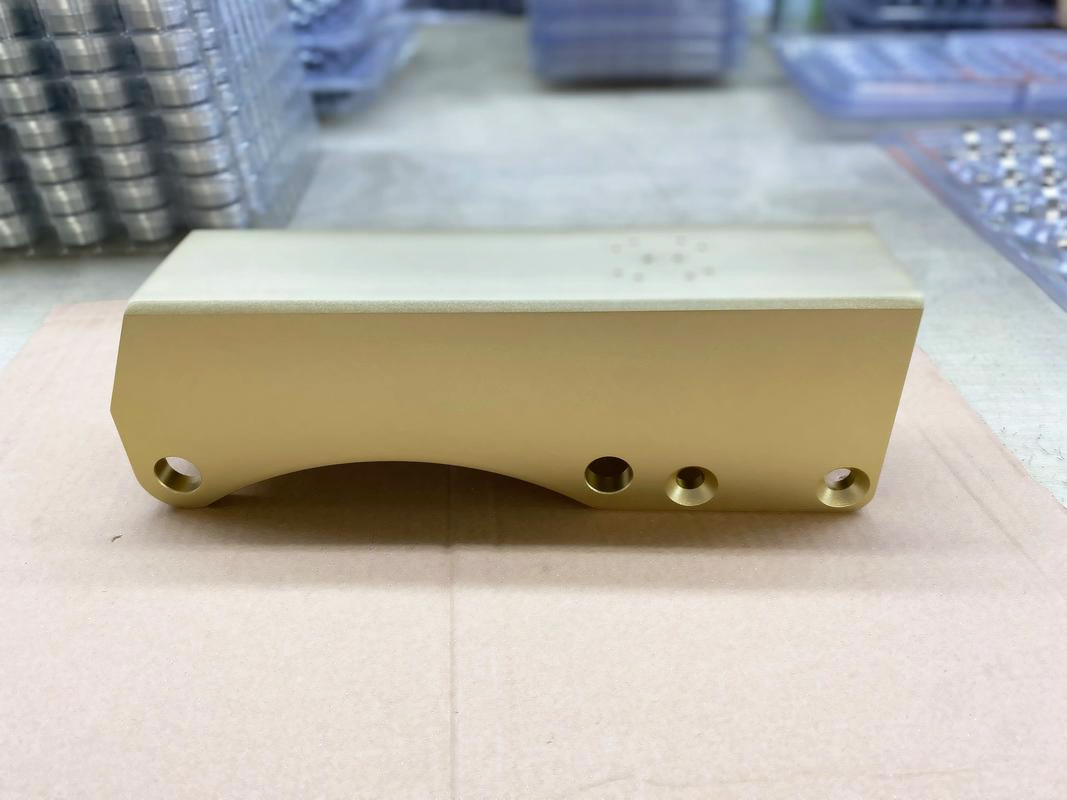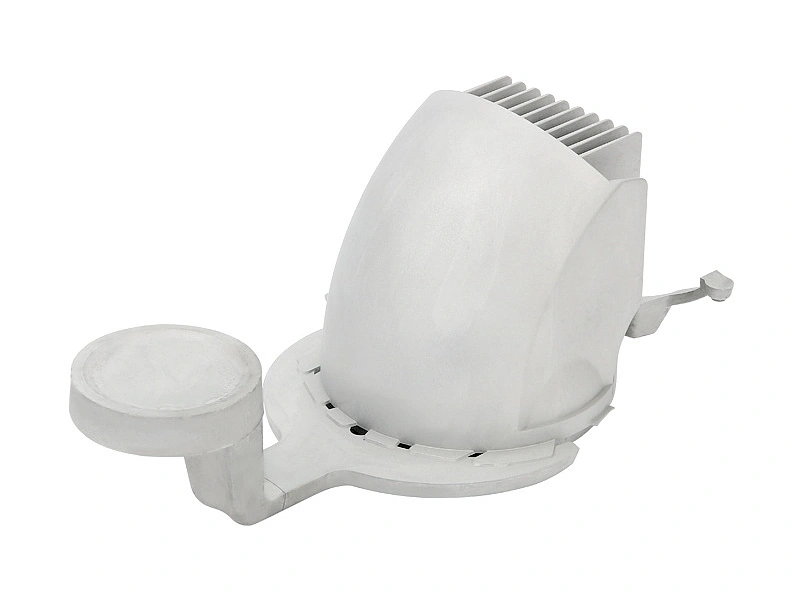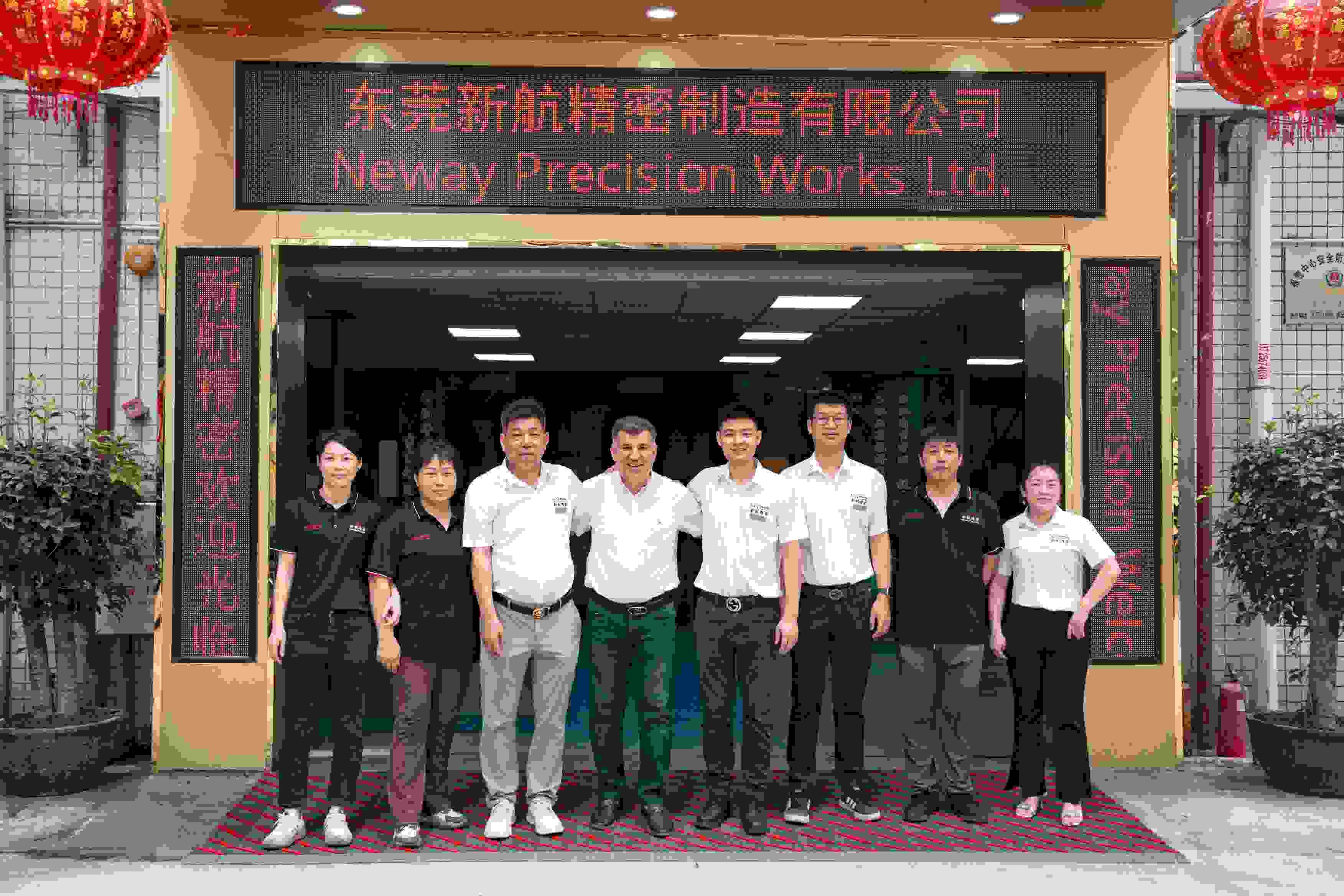What makes aluminum better than zinc for die casting in structural applications?
What Makes Aluminum Better Than Zinc for Die Casting in Structural Applications?
Superior Strength-to-Weight Ratio
Aluminum alloys are ideal for structural die casting due to their high mechanical performance combined with low weight. Alloys like A380 and ADC12 offer tensile strengths up to 345 MPa with a density of approximately 2.7 g/cm³. This balance allows manufacturers to reduce weight in automotive frames, enclosures, and load-bearing housings without sacrificing durability.
Enhanced Thermal Conductivity and Corrosion Resistance
Aluminum die castings have higher thermal conductivity (120–150 W/m·K) compared to zinc (around 90 W/m·K), making them well-suited for high-heat applications such as electric motor housings or engine covers. In addition, aluminum naturally forms a stable oxide layer that resists corrosion, which is essential for structural components exposed to moisture, salt, or outdoor environments.
Stability for Large and Load-Bearing Components
Aluminum maintains dimensional accuracy over time and under stress, unlike zinc alloys such as Zamak 3 or Zamak 5, which are prone to creep and deformation in sustained-load environments. Aluminum also supports thicker wall sections (1.5–4.5 mm) and is better suited for large-format casting molds without internal distortion.
Zinc Advantages for Small Components
Zinc alloys still have advantages for small precision parts with tight tolerances (±0.05 mm) and excellent surface finish. For example, ZA-8 is often used in electronics, connectors, and cosmetic housings. However, when the application demands strength, light weight, and long-term structural stability, aluminum is the superior choice.
Structural Die Casting Services from Neway
Neway supports structural component production with full in-house services:
Engineering Consultation: Our engineering team helps optimize wall thickness, draft angles, and alloy selection for large structural parts.
Tool and Die Making: Our tool and die services ensure precision and consistency for high-strength aluminum components.
Post-Processing & Surface Treatment: We offer complete post-processing such as anodizing, powder coating, and CNC machining to enhance appearance and functionality.



